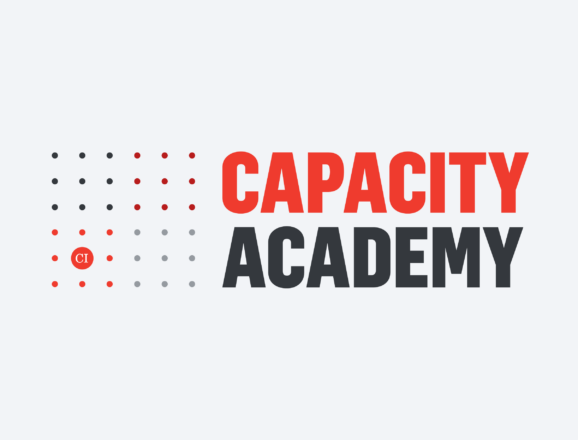The Top 5 Website Analytics Myths, Debunked
The sword in the stone. A mysterious creature in Loch Ness. The lore behind your organization’s website analytics. While the first two are classic stories, the latter may contain the greatest myths of our time.
For arts organizations, your website is critical in all aspects of your relationship with your audience, from building your brand and encouraging exploration to visitation, buying a ticket, or making a donation.
Understanding how audiences interact with your website through data is therefore critical for informed decision-making across most organizational goals and objectives. While website analytics offer valuable insights, several misconceptions can lead to missed opportunities or misguided strategies.
Here are five common of the most myths we hear, debunked:
Myth #1: Google Analytics 4 (GA4) is “set it and forget it.”
Many believe that once GA4 is implemented, their job is done. In reality, GA4 is a tool that requires regular attention and iteration—the data it provides is only as valuable as the action you take from it. Consistently revisiting your metrics ensures you adapt to trends and audience behavior. It’s not about data collection; it’s about what you do with the information.
Myth #2: Website analytics are about looking backwards.
Sure, site analytics help you understand past performance (how many times have you reported site KPIs to your director and board?), but their real value lies in guiding future decisions. For arts marketers, this means using historical data to achieve goals like forecasting audience buying behaviors, optimizing campaigns, and tailoring content that converts. Your data isn’t just a rearview mirror—it’s a roadmap. One key example: using data to inform a website redesign project—here’s how website data played into CI’s redesign.
As you chart the next path for your site, remember who your site is truly for: your audience! Websites that prioritize users as their stakeholders win out every time over websites that prioritize internal stakeholders. Use data to maximize what you do for your audience.
Myth #3: Analyzing data is only about getting answers.
Website data in GA4 doesn’t just deliver answers—it helps you ask better questions. Why is there a spike in ticket sales from a particular region? What drives more engagement on certain event pages? Why are online donations so low? Using Google Analytics to spark curiosity will lead you to deeper, actionable insights that can improve audience outreach. Here are S.M.A.R.T. questions you can ask to think like a data analyst.
Beyond that, your website data is most valuable when you use it to inform decisions and make change:
- Here’s an example of how to turn a website analysis into a first tactical step to test and iterate.
- Here’s an example of using website data to improve conversion rates.
Myth #4: A good GA4 setup is 100% accurate.
Don’t get us wrong: please do what you can to tighten the screws on your GA4 infrastructure, but understand that no website analytics platform is flawless (trust us, we’ve seen them all). Ad blockers, privacy settings, and technical issues will always introduce some gaps in the data, but 100% accuracy isn’t actually the goal—or even possible! Even with minor discrepancies in reporting, GA4 can offer strong directional insights that are more than enough to inform strategic decisions.
Myth #5: GA4 is Too Complicated for Non-Experts
It can take some time to learn your way around GA4 and understand what data is collected. But with a little help and proper training/dashboards, you can utilize it very well without being a power user. Our hottest tip: don’t rely on the Google Analytics interface. Why? It keeps your data siloed into discrete reports, it’s clunky, and its visual representation of the data leaves a lot to be desired.
We love Google’s free data visualization platform Looker Studio for analysis and reporting. Its what-you-see-is-what-you-get interface is much more user-friendly, allowing you to dig into all of the data in one place and create beautiful, branded, and consolidated dashboards for all of your analysis and reporting needs.
Have a Website Analytics Mystery? Get CI’s Mythbusters on The Case
Look, we can’t tell you for sure whether the Loch Ness Monster ever existed, but we can help your team debunk even more website analytics myths based on your GA4 data, conduct analyses to help you improve your content and digital strategy, and craft stronger connections with your audiences.
Explore our website analytics services and start a conversation!





![Managing User Consent On Your Website [Updated 2025]](https://capacityinteractive.com/wp-content/uploads/2024/03/24-03-User-Consent-header-848x478.png)





